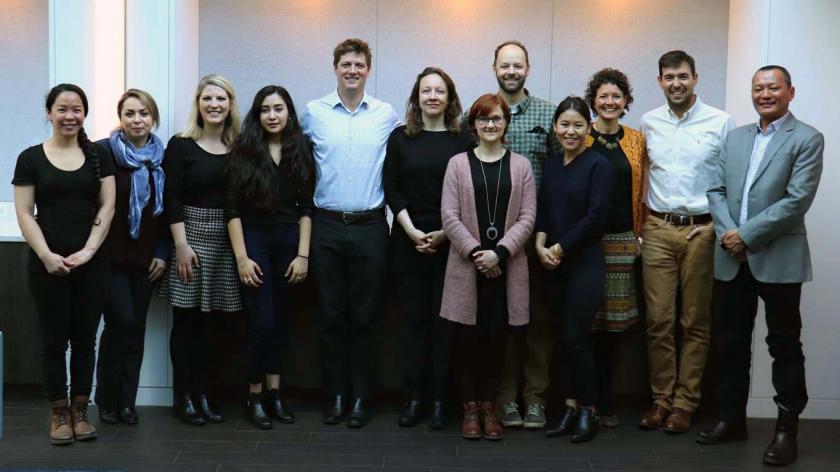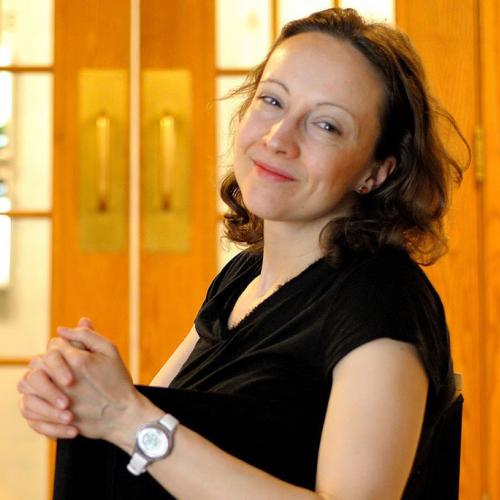Conservation organizations and foundations have invested billions to preserve natural resources and biodiversity across the globe, but the effectiveness of these investments over time is not always clear. A new multi-institutional project, led by a University of Illinois researcher and supported by a $550,000 grant from the John D. and Catherine T. MacArthur Foundation, will trace key outcomes of $655 million in the foundation's global conservation investments made over 40 years.
"We don't know that much about the long-term effectiveness of international conservation funding in economically poor but biodiversity-rich developing countries. By looking at four decades of MacArthur investment, we have an excellent opportunity to identify key factors associated with enduring success over time," says Daniel Miller, principal investigator on the project and assistant professor in the Department of Natural Resources and Environmental Sciences at Illinois.
In this context, success isn't just about saving a particular species of concern. Instead, the success of a conservation investment is often measured by its durability. For example, an initial investment may fund a research center or training program to continue the work beyond the length of the grant. Indeed, exploratory research by the project team suggests that international conservation funding may be most effective when it strategically invests in capacity-building and sustainable financing, such as trust funds or forestry certification schemes. By looking at 40 years of funding history, the team will be able to tease out even more patterns.
"MacArthur led the way among private foundations in support for biodiversity. What has their early and, in many cases, long-standing support for conservation led to? Are graduates of MacArthur-funded training programs now employed as leaders in conservation organizations and agencies? And if so, how have their efforts affected threatened species and conservation on the ground? Tracing these outcomes is hugely complex," Miller says.

The research team, including co-principal investigator Jana Diesner, associate professor and PhD program director at the iSchool, will use methods from data mining, natural language processing, machine learning, and social network analysis to examine the capacity-building and sustainable financing themes from 40 years of project reports. They will also carry out in-depth research in Bhutan, Madagascar, and Peru to learn what worked and what didn’t across these three diverse country contexts.
"My team is excited to collaborate with this outstanding group of experts to identify the real-world impacts of funding for conserving our world's natural resources and biodiversity," Diesner says. "We will contribute our methodological and technical expertise in human-centered data science and mixed-methods research to this joint effort."
Miller plans to present the findings to private foundations and other donors, as well as scientists contributing to a growing body of literature around the science of philanthropy. But ultimately, his goal is to help investors spend money wisely on programs that actually work over the long term.
"Addressing this knowledge gap is vital given mounting threats to biodiversity and shifts in the conservation funding landscape. Foundations and other private actors are increasingly important in supporting conservation," he says.
Miller and Diesner will work with Jeremy Brooks from The Ohio State University, Sonam Wangyel Wang from the Bhutan Institute of Himalayan Studies, and Aili Phyälä and Johanna Eklund from the University of Helsinki, as well as an external advisory group.
